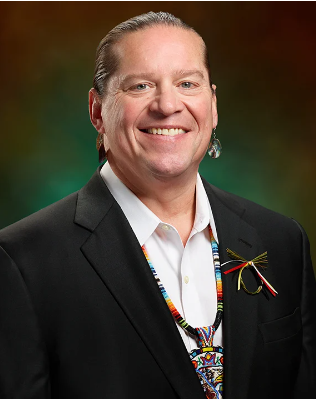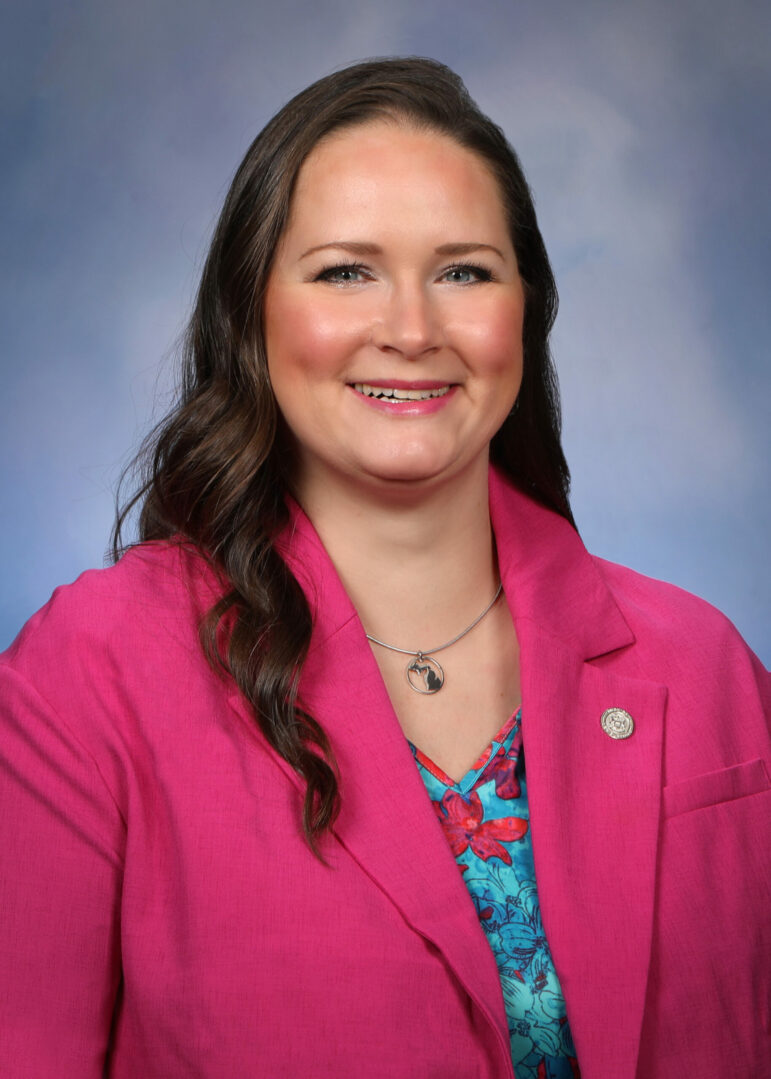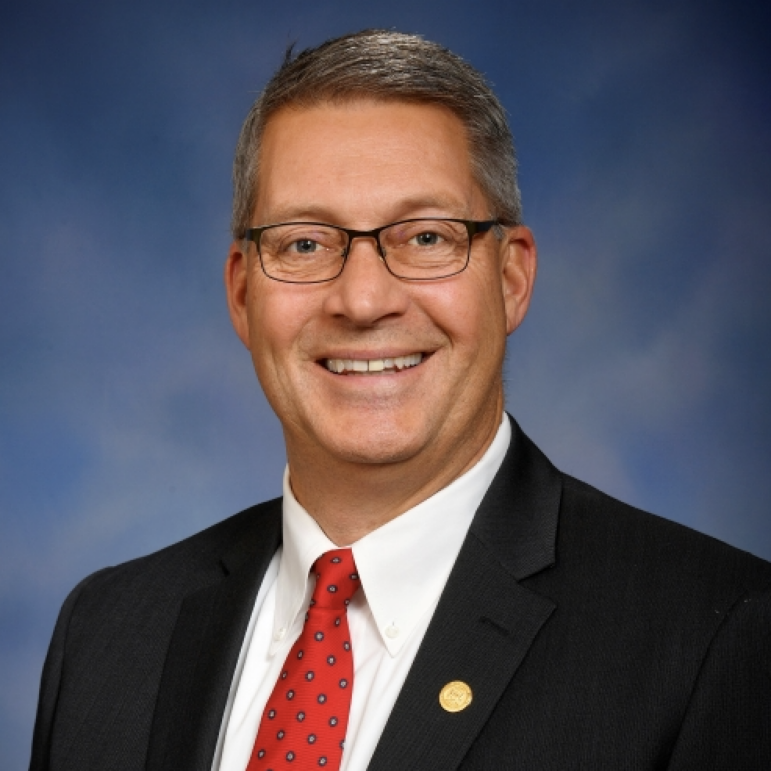
By LIZ NASS
Capital News Service
LANSING — While the House and Senate have never had a direct, official connection to tribal governments throughout Michigan, new legislation could change that.
A bill would make Michigan the first state with a formal legislative connection with its tribal governments,
If passed, the Office of the Tribal Legislative Liaison would have one liaison and a small staff to work directly with the 12 tribes and their governments.
That would create an official contact point and make tribal input on legislation a more hands-on process, according to Rep. Carrie Rheingans, D-Ann Arbor, who proposed the bill.
While the governor’s office and several state agencies such as the Department of Environment, Great Lakes and Energy and the Department of Health and Human Services already have their own tribal liaisons, Rheingans said consultation processes in lawmaking are needed.
Co-sponsors include Reps. Jenn Hill, D-Marquette, Emily Dievendorf, D-Lansing, Besty Coffia, D-Traverse City, and Joey Andrews, D-St. Joseph.
Michigan’s Government-to-Government Accord in 2002 recognized the sovereignty of the tribes and committed state departments to consult with the tribes on public affairs..
In 2019, Gov. Gretchen Whitmer signed an executive directive reaffirming that the state must interact with the tribes.
While not representing a district that includes tribal land, Rheingans previously worked on legislation that needed tribal input. To do this, she reached out to lobbyists from each tribe but found contact with the tribes difficult without one central voice.
She quickly learned from her conversations that one of the tribes’ priorities is to create an office to better their relationship and communication with the Legislature.
“State representatives or senators want to make sure they know who the tribes are and have good relationships with them the same way they do with their county governments or their city governments,” Rheingans said.
Jamie Stuck, the president of the United Tribes of Michigan and chair of the Nottawaseppi Huron Band of Potawatomi, has been working on creating such an office for the last three years.
Stuck said that when Rheingans started working on the issue, even the process of writing the legislation was collaborative, bringing the draft language to the tribes for deliberation before introducing it.
While Stuck said most of the tribes were in favor of the bill on first reading it, a concern arose about ensuring the liaison would not speak to the Legislature for the tribes. Instead, Stuck said, the tribes wanted to make their role more interactive, not less.
Stuck said he didn’t want to merely hear updates on bills anymore as he had when dealing with grassroots organizations pursuing bills. Rather he wanted the tribes and their elected leaders who sometimes feel left out of the process, to be actively consulted.
Rheingans said she looked at other states like Arizona and New Mexico for models.
However, she found the other states used a commission or committee to represent the tribes, instead of a single liaison.
Stuck said each tribe has unique priorities.
Even so, he said their overall legislative priorities would include increasing support for the Indigenous Education Initiative and the ability to collect health and education data from their own communities.
Another priority is ensuring that the tribes receive their share of money from the state’s opioid settlement, the $800 million fund that Michigan received to address the impacts of opioids and lessen the drugs’ prevalence in the state.
Lorna Elliott-Egan, the director of tribal government services and policy for the Department of Health and Human Services, said her role has been around for decades and her department is the only one in state government with an office fully dedicated to working with tribes.
Elliott-Egan said her job consists of collaborating with the tribes to make sure they have everything they need from health care benefits to child care, while recognizing that the independent tribal governments provide such services for their citizens.
Elliott-Egan said she believes the proposed legislation would be helpful to the Legislature because “more information is always good.”
“Anything that provides education and understanding of how tribal governments work and what they need for their citizens, who are also Michigan citizens, is a good thing,” Elliott-Egan said.
Elliott-Egan said her department also consults with tribal governments to “troubleshoot” what would work best for them when facing problems, whether that be changing policy or looking at possible new legislation.
Rep. Tom Kunse, R-Clare, is one of the two Republican cosponsors of the bill. Kunse said the legislation is another way to enshrine increased transparency and communication into law.
“This is an extension of what’s a better way to communicate,” Kunse said. “How do we get a hold of you? How do you get a hold of us? We want to know what you’re thinking.”
Working with the Saginaw Chippewa Indian Tribe of Michigan just outside of his district, Kunse said he feels connected and able to chat with its citizens but feels disconnected from the other 11 tribes.
He said he hopes the proposed office can fix that disconnect for him and for other legislators looking to build connections across communities.
Kunse said the office’s estimated annual budget of $500,000 isn’t too expensive in comparison to the benefits.
The bill has been referred to the House Government Operations Committee. Rheingans said she hopes for a hearing after the legislative spring break.


Michigan House of Representatives
Rep. Tom Kunse, R-Clare